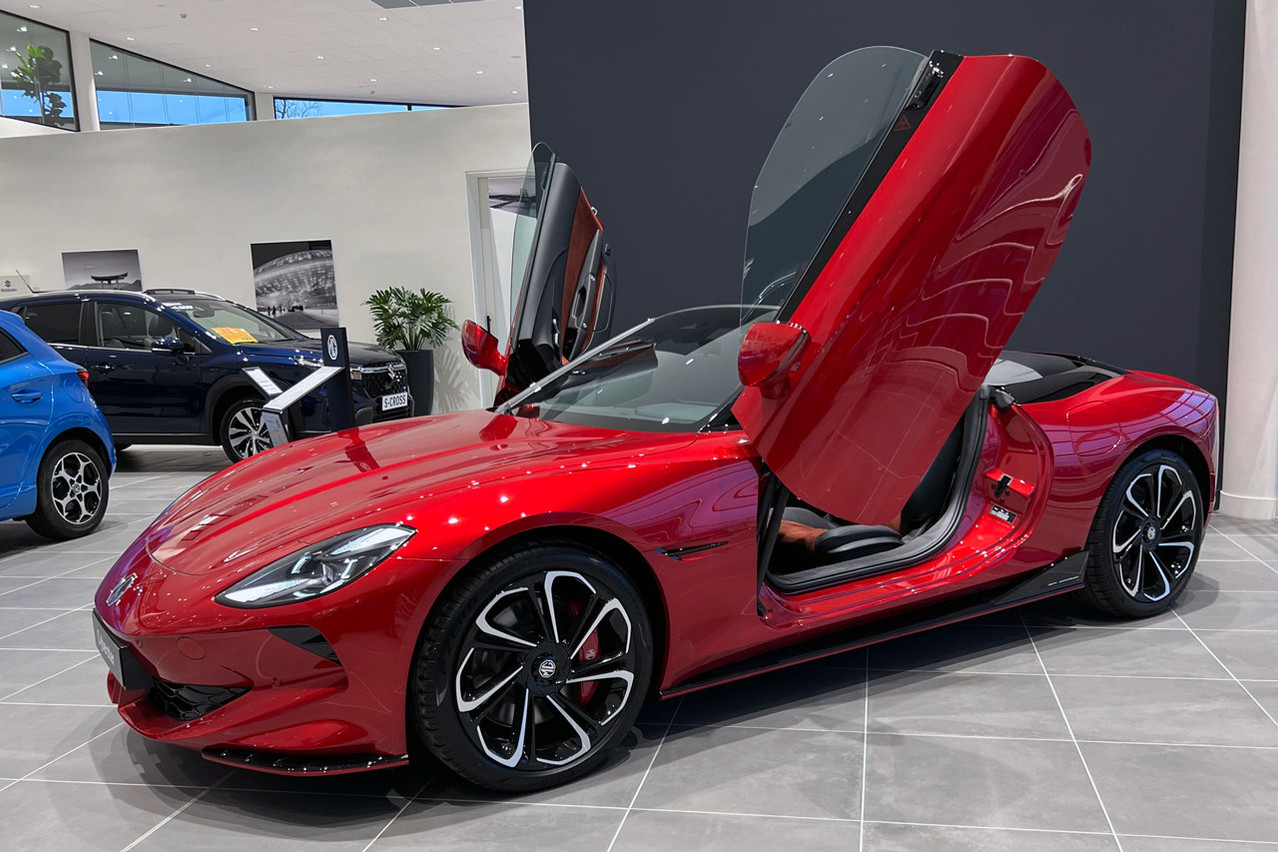1,031 Chinese cars were registered in Luxembourg in 2024, representing a little over 2% of all new registrations. The top-selling brands were MG, BYD and Xpeng.
These figures need to be put into perspective, however, as several brands have .
Since 31 October, the European Union has imposed additional customs duties on electric vehicles imported from China, in response to subsidies deemed unfair by the Chinese government to its manufacturers. These surcharges, which are in addition to the basic 10% customs duty, vary according to the brand and its level of cooperation with the European authorities. They amounted to 17% for BYD, 18.8% for Geely, 35.3% for SAIC (including MG), 7.8% for Tesla and 21% for other manufacturers (some non-Chinese companies produce some of their models in China).
, managing director of Autopolis, explains: “The introduction of additional customs duties will have no impact on car prices in Luxembourg and Europe, because current stocks are sufficient. What’s more, SAIC has no desire to pass on these duties to the market, which remains advantageous for consumers at least until the end of 2025.”
“[Chinese brands] come with pragmatic, innovative solutions and prices that don’t go overboard.” Autopolis is counting on solid partners like MG, a brand that combines reliability, technological innovation and exceptional warranties (up to seven years). MG models, such as the MG3 (€20,000), MG4 and MG Cyberster (€70,000), presented at the Autofestival, appeal as much for their design as for their good price positioning. In a market where inflation is impacting on purchasing power, these vehicles meet the expectations of an increasingly cosmopolitan Luxembourg clientele. These models have also worked well in leasing programmes such as Van Mossel Autolease and Leasys, supported by Spuerkeess.
Contacted by Paperjam, Fedamo did not wish to answer our questions on the subject. Car Avenue and Hedin Automotive had not responded to us by the time this article was published.
Last year, BYD sold more than 4.27m vehicles in all categories, up 41.3% on the previous year (3m units), according to a press release issued by the company on 2 January. Of these, 88% were sold in China. But despite this first drop, Tesla remains the world’s leading manufacturer in terms of sales of fully electric cars, beating its Chinese rival by a hair’s breadth, which sold 1.76m cars of this type last year.
This article was originally published in .
